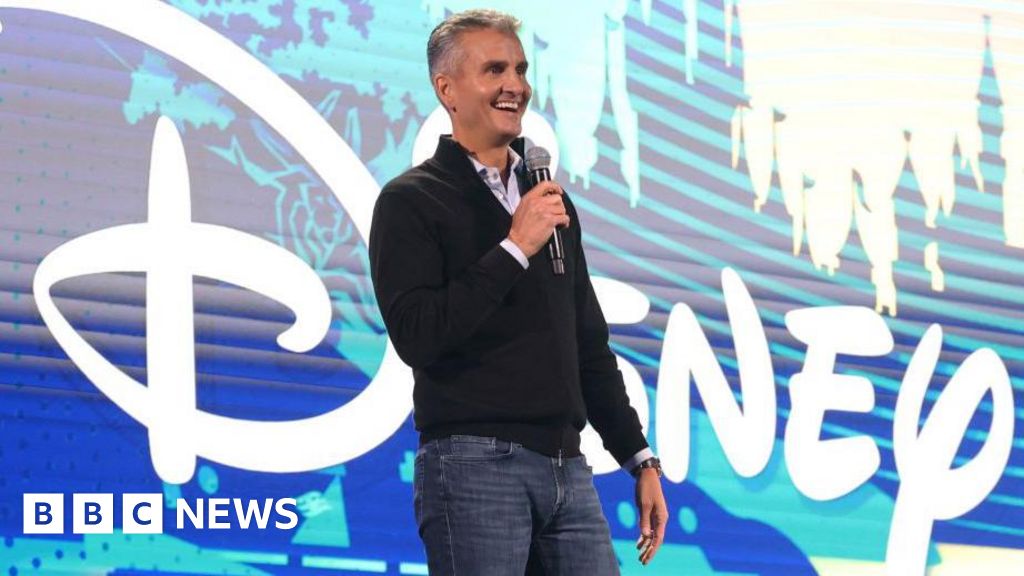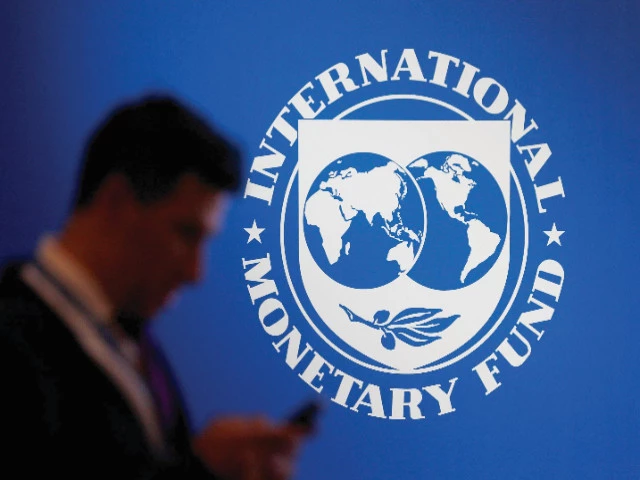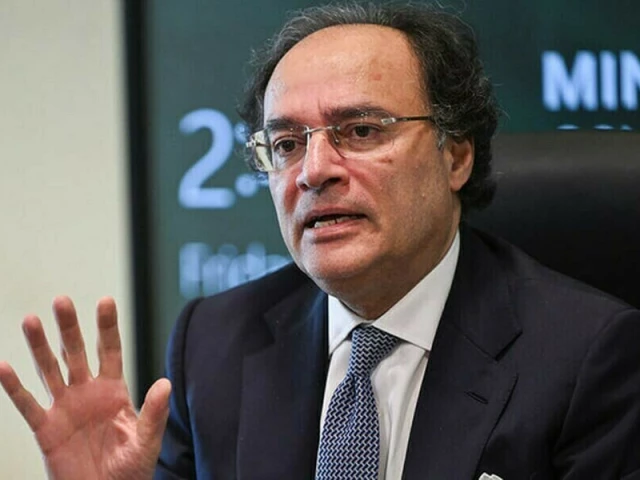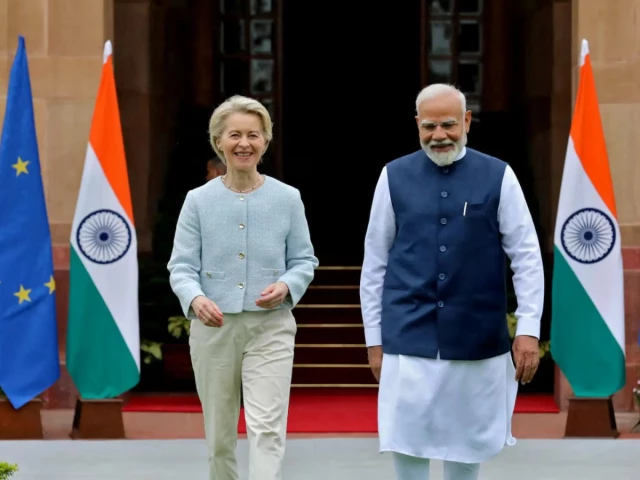Business
How online trading apps are draining Pakistanis’ savings | The Express Tribune

KARACHI:
Pakistan’s financial regulators face a growing challenge from the rapid spread of unregulated online investment and trading apps. These apps promise easy profits but often result in financial losses, data theft, and negative impacts on the economy.
The proliferation of such platforms, many operating beyond the oversight of the Securities and Exchange Commission of Pakistan (SECP) and the State Bank of Pakistan (SBP), has raised serious concerns about investor protection and the integrity of the country’s financial system.
“With the increasing penetration of broadband internet service and its users, cybercrimes are on the rise in Pakistan and worldwide, causing monetary losses to consumers and building mistrust about legal digital services,” said Ibrahim Amin, a banking and financial expert.
The case of Ducky Bhai, a popular social media influencer, illustrates the issue vividly. Initially known for his humorous roasting videos, he transitioned to gaming and then family vlogging before venturing into app promotions, including investment and trading apps that turned out to be illegal.
When authorities discovered his involvement in promoting these platforms, he was apprehended. Officials stated that these apps, while appearing to offer investment opportunities, were often thinly disguised betting or gambling services.
According to the SECP, such promotions violate investment laws, particularly those prohibiting advertisers from guaranteeing or implying assured returns. Many influencers, however, continue to promote these apps under the guise of “financial opportunities,” often motivated by affiliate commissions or kickbacks.
This trend reflects a dangerous combination of financial illiteracy and misleading marketing, exposing millions of users to scams and unregulated investment channels.
Crackdown on illegal apps
In a major development, the National Cyber Crime Investigation Agency (NCCIA) recently declared 46 mobile applications and websites, including betting, forex, and online trading platforms, illegal in Pakistan.
The list included popular global names like 1xBet, Aviator, Dafabet, and Bet365. The Pakistan Telecommunication Authority (PTA) subsequently blocked these applications to safeguard users from fraud, data theft, and identity misuse.
Unregulated investment apps continue to attract millions of Pakistani users. The allure lies in their convenience, easy-to-use interfaces, and promises of high returns with minimal effort. “These apps are designed to look simple and exciting – you just download and start earning. But what users don’t realise is that there’s no legal protection if things go wrong,” said fintech analyst Mutaher Khan, Co-Founder of Data Darbar.
The numbers are staggering. Olymp Trade, for instance, has amassed over 5.6 million downloads in Pakistan. Even if only 5% of these are active users, that still exceeds half the number of investors in the Pakistan Stock Exchange (PSX).
Similarly, IQ Option has been downloaded 3.9 million times in Pakistan, placing the country sixth globally, behind India and Brazil. Binance, the cryptocurrency platform, has recorded 14.2 million downloads from Pakistan since 2017, making the country its second-largest market by downloads after India.
In the finance apps category, the most downloaded app is EasyPaisa with 12.1 million downloads, followed by JazzCash with 10.4 million, and Binance with 5.4 million – despite not being regulated in Pakistan.
In e-commerce, Temu is the most downloaded app with 8 million downloads in its debut year, followed by Daraz with 7.7 million. The irony, experts note, is that Daraz is a regulated platform, while Temu is not registered or regulated in Pakistan, which indicates the state of regulation in the country.
Such popularity reflects both the public’s interest in quick financial gains and the lack of accessible, appealing, and well-marketed regulated investment options. “The cybercrimes could be controlled through raising awareness among users and taking strict action against criminals within and beyond borders,” said Amin.
Deputy Chief of the Citizens-Police Liaison Committee (CPLC) Sindh, Shabbar Malik, said scams have been reported nationwide and, in certain regions, have developed into “organised, patronised systems” that coordinate such activities.
Malik emphasised that tackling the issue requires joint responsibility between the government and the public. “Half the responsibility lies with the authorities, and the other half with citizens. People must be made aware and learn to be smart when using digital devices,” he said.
Experts warn that unregulated investment platforms pose not just individual risks but also macroeconomic threats. Since many of these apps facilitate trading in foreign assets or cryptocurrencies, they contribute to dollar outflows, a serious concern for a country with fragile foreign exchange reserves of less than $20 billion.
“When Pakistanis invest in offshore assets through these apps, it drains dollars out of the system. With reserves hovering around $20 billion, even modest outflows can exacerbate pressure on the rupee and the balance of payments,” explained an economist at a Karachi-based think tank.
Business
Chipotle stock sinks as restaurant chain reports falling traffic, weak guidance

A Chipotle store stands in the Bronx in New York City on April 23, 2025.
Spencer Platt | Getty Images
Chipotle Mexican Grill on Tuesday reported quarterly earnings and revenue that topped analysts’ expectations, although traffic to its restaurants fell for the fourth straight quarter.
For 2026, the company is projecting flat same-store sales growth, signaling that the burrito chain’s woes are not expected to disappear quickly. Chipotle ended a bumpy 2025 with a full-year same-store sales decline of 1.7%.
Shares of the company fell as much as 11% in extended trading.
Here’s what the company reported compared with what Wall Street was expecting, based on a survey of analysts by LSEG:
- Earnings per share: 25 cents adjusted vs. 24 cents expected
- Revenue: $2.98 billion vs. $2.96 billion expected
The fast-casual chain reported fourth-quarter net income of $330.9 million, or 25 cents per share, down from $331.8 million, or 24 cents per share, a year earlier.
Excluding impairment costs, gains from terminating restaurant leases and other items, Chipotle earned 25 cents per share.
Net sales rose 4.9% to $2.98 billion.
The company’s same-store sales fell 2.5% for the quarter, making this reporting period the third quarter of the year with same-store sales declines. However, Wall Street was anticipating a steeper same-store sales decrease of 3%, according to StreetAccount estimates.
Traffic to Chipotle restaurants fell by 3.2%. Executives have previously said they have seen a pullback in spending from consumers of all income cohorts, although low-income diners have made the most significant shift to their behavior.
Over the past year, shares of Chipotle have lost roughly a third of their value, dragging the company’s market value down to about $51 billion. Investor enthusiasm for the stock waned after the fast-casual chain began reporting shrinking traffic to its restaurants.
To bring back customers, Chipotle is focusing on improving the chain’s operations and adding new menu items, rather than leaning into discounts. In December, at the tail end of the quarter, the company unveiled “protein cups,” with the goal of convincing protein-obsessed customers to stop by for a snack, not just lunch or dinner.
Chipotle opened 132 company-owned locations and seven restaurants run by international licensees during the quarter. That brought its total to 334 company-owned locations and 11 international partner restaurants opened for the year.
In 2026, the company is projecting that it will open 350 to 370 new restaurants, including 10 to 15 international locations that will be run by licensees.
Business
India–US trade deal: Textile, leather players see revival in volumes – The Times of India

CHENNAI: India’s textile, apparel and leather exporters are expecting a sustained recovery in orders from the US, following tariff reductions under the proposed India–US trade deal. Industry representatives said the move will restore competitiveness, improve margins and revive volumes that were under pressure over the past year.Textile and apparel exporters are now expecting an increased sourcing by global brands as India will now enjoy one of the lowest tariff regimes among major Asian manufacturing hubs, with a marginal advantage over competitors, such as Bangladesh, Sri Lanka, Vietnam and China. The tariff relief is expected to create a level-playing field, particularly for small and medium exporters in clusters such as Surat, Gurugram and Tirupur.Prabhu Dhamodharan, convenor of the Indian Texpreneurs Federation, said sourcing interest of US from India is rising and exports are likely to improve steadily. “The apparel and home textile exports will witness month-on-month double-digit growth from the 2026–27 fiscal, lifting the monthly apparel export run rate to $1.5 to $1.6 billion, from the current $1.3 billion.”

Eyeing a level-playing field
A Sakthivel, chairman of the Apparel Export Promotion Council, said improved trade terms would significantly enhance the competitiveness of Indian apparel products in the US market.The leather sector has termed the US decision to reduce tariffs to 18% a “double dhamaka”, coming soon after India’s strategic trade deal with the European Union. Israr Ahmed, former vice-president of the Federation of Indian Export Organisations (Fieo) and managing director of the Farida Group, said exporters had been absorbing the impact of high tariffs by offering discounts of 20–30%. “With the US now reducing tariffs on Indian goods to 18%— a rate lower than those faced by key South Asian competitors, such as Bangladesh and Vietnam — these heavy discounts are no longer necessary,” he said, adding that this would help restore pricing and margins.Rafiq Ahmed, chairman of Kothari Industrial Corporation, noted that competition in the US market has intensified over the past year but said long-standing relationships would help Indian exporters regain lost ground. “The orders from the US, which got reduced in the past one year, will start flowing,” he said.Yavar Dhala, vice-president of the Indian Shoe Federation and CEO of Infinite Leather, said India’s share of leather exports to the US could rise from about 22% to nearly 30% this year, adding that factories operating fewer days due to high tariffs could return to a six-day work week.
Business
Disney names Josh D’Amaro as new chief executive

The media giant chooses the head of its amusement park business to replace longtime boss Bob Iger.
Source link
-

 Sports1 week ago
Sports1 week agoPSL 11: Local players’ category renewals unveiled ahead of auction
-

 Sports1 week ago
Sports1 week agoCollege football’s top 100 games of the 2025 season
-

 Entertainment1 week ago
Entertainment1 week agoClaire Danes reveals how she reacted to pregnancy at 44
-

 Business1 week ago
Business1 week agoBanking services disrupted as bank employees go on nationwide strike demanding five-day work week
-

 Politics1 week ago
Politics1 week agoTrump vows to ‘de-escalate’ after Minneapolis shootings
-

 Sports7 days ago
Sports7 days agoTammy Abraham joins Aston Villa 1 day after Besiktas transfer
-

 Tech1 week ago
Tech1 week agoBrighten Your Darkest Time (of Year) With This Smart Home Upgrade
-

 Entertainment7 days ago
Entertainment7 days agoK-Pop star Rosé to appear in special podcast before Grammy’s













